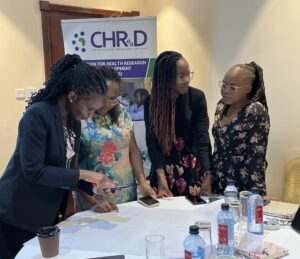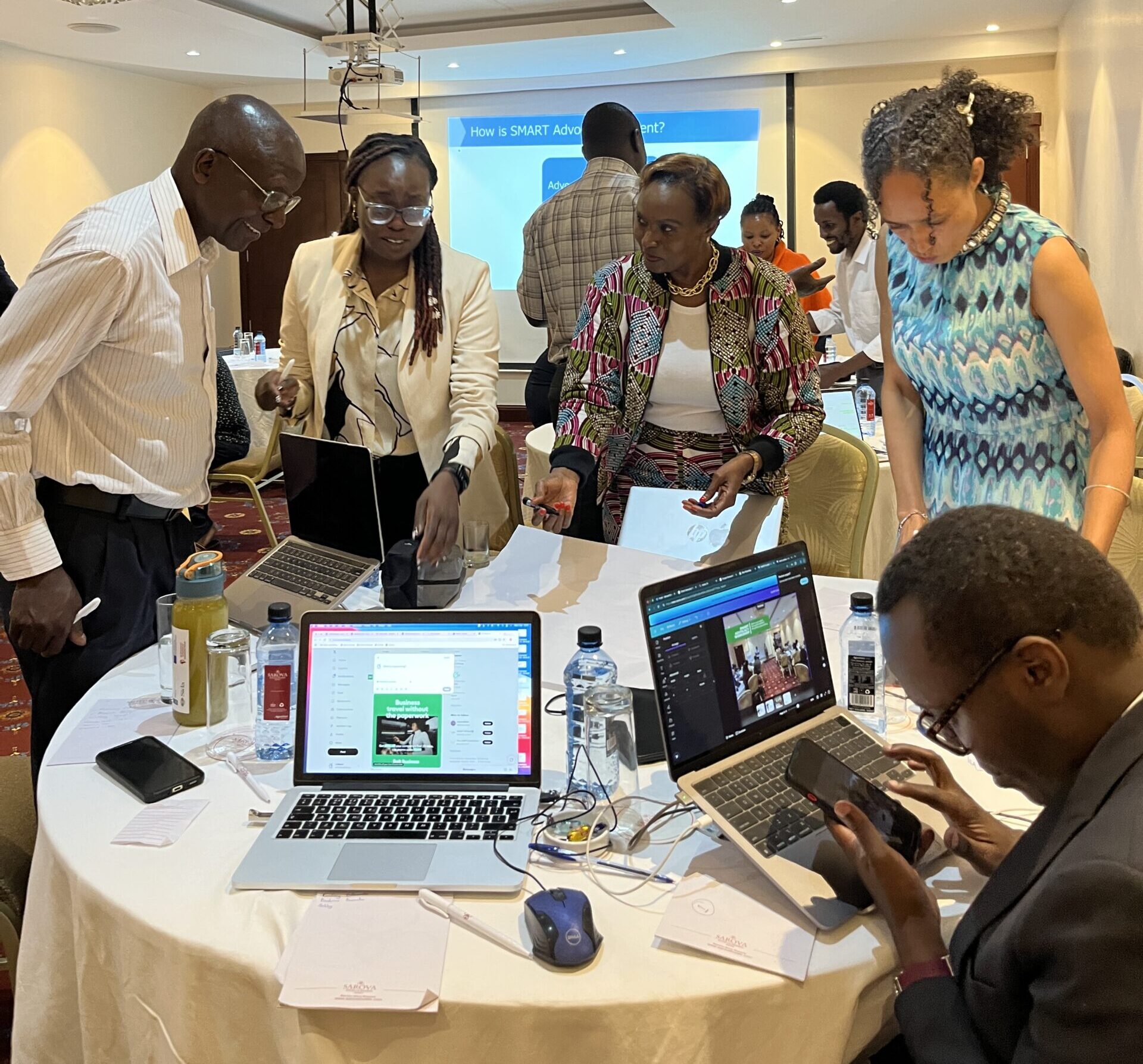Nakuru, Kenya — A seismic shift is underway in Africa’s health advocacy space. With USAID slashing health funding, experts from across the continent are stepping up, armed with strategy, evidence, and a bold new SMART advocacy approach.
This week, 25 leading experts from civil society, research institutions, academia, and the private sector convened in Nakuru for a high-stakes SMART Advocacy Training led by the Coalition for Health Research and Development (CHReaD).
Samuel Makau, the CHReaDCoalition coordinator, said, ” The time for smart advocacy for Africa is now given the changing times.” Makau asserted, that civil society organizations should continue advocacy so long as they work together and co-create projects that are inclusive.
Additionally, Imali Ngusale, the Lead strategist from the African Center for Health, Climate and Gender Justice Alliance (ACHCGA) echoed the same sentiments, citing that Health non-profit organizations need to re-think out of the box and implement projects that focus on increasing domestic funding for research and development.

It is estimated that the United States of America has cut funding of approximately $60 billion in overall foreign aid, and a significant portion of this is from health programs in Africa. It is, therefore, likely that projects tackling diseases like malaria and AIDS and potentially disrupting HIV treatment and prevention programs.
It is perhaps for this reason why Shirley Sabrina from WEMA Africa believes that SMART advocacy is a necessary tool for achieving health change objectives.” In her view, decision-makers must prioritize health and fund sustainable solutions for future generations.
While many health practitioners may not yet be fully acquainted with the principles of SMART Advocacy, Gloria Gatuuru of WACI Health believes it holds immense potential. She insists that there is a high possibility that health advocates and workers will benefit from it, because it enables a deeper introspection on Africa’s health future.
Accordingly, Mwanaisha Aura from the Access to Medicines Platform (META Health) said,” Smart advocacy is about strategy, evidence, and targeted engagement with relevant stakeholders.” Aura believes that advocacy must be intentional, guided by data-driven strategies and engagement with key decision-makers to drive meaningful change.
As Africa faces shrinking health budgets, the path forward remains uncertain. But one thing is undeniable, health advocacy is evolving, and those who embrace SMART strategies will captain the future of healthcare on the continent.

